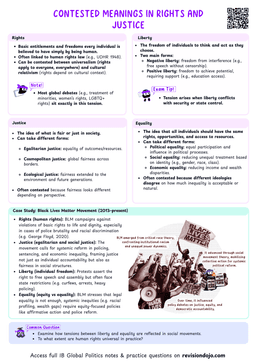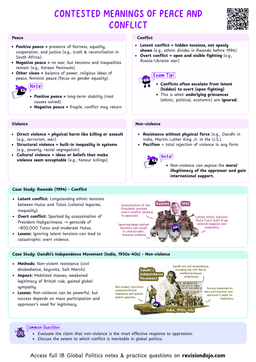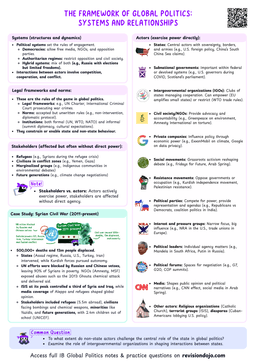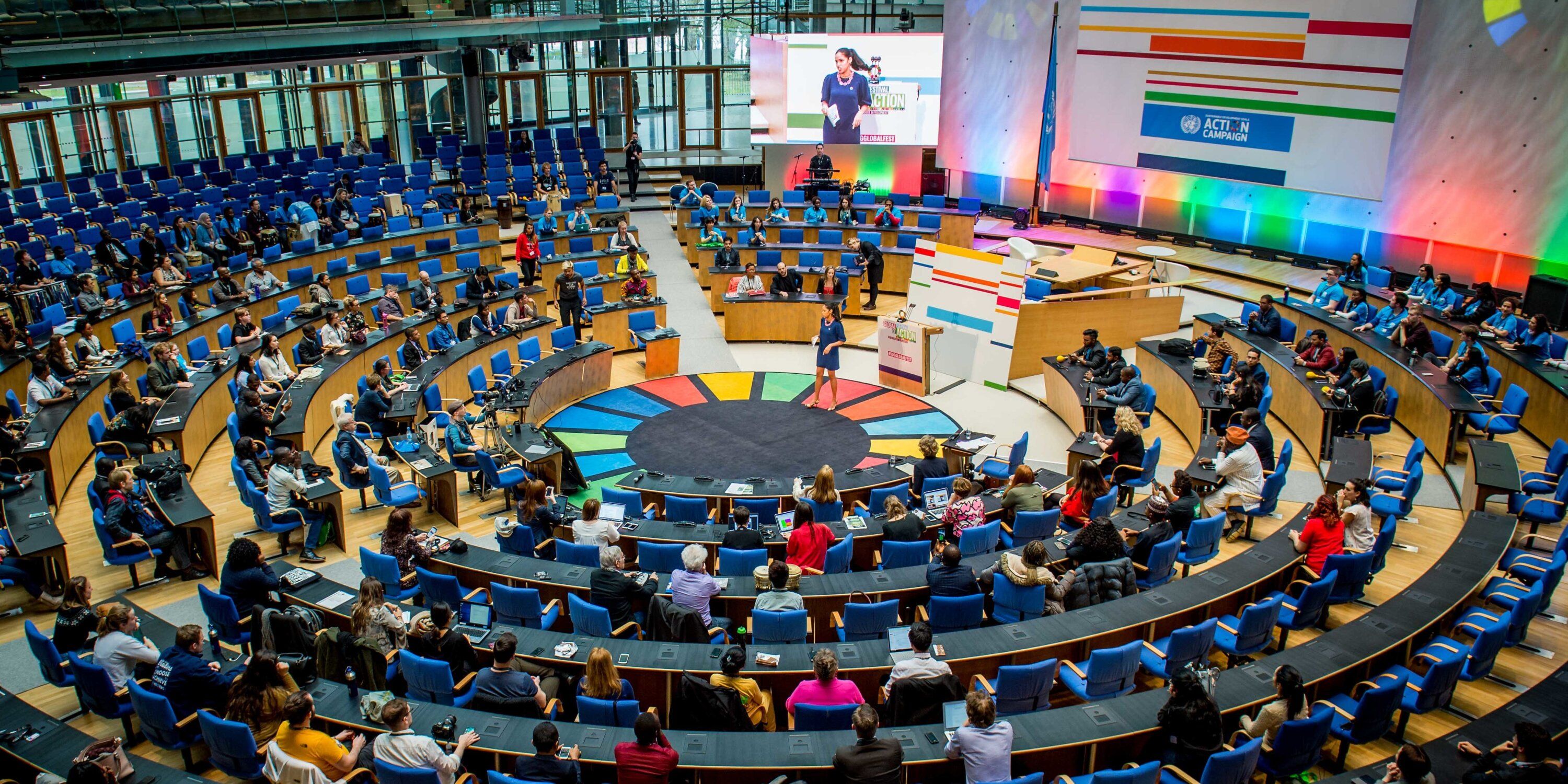Formal and Informal Political Forums
Political forums
Political forums are platforms where actors engage in dialogue, negotiation, and decision-making. They can be formal or informal, each serving distinct but complementary roles in global politics.
Formal Political Forums
Formal forums
Formal forums are structured and institutionalized, often with legal or binding authority. They include international organizations, treaties, and summits.
Key Characteristics
- Structured Processes:
- Operate under defined rules and procedures.
- Example: The United Nations Security Council follows a specific voting system.
- Legal Authority:
- Decisions may be binding on member states.
- Example: World Trade Organization (WTO) dispute resolutions.
- Inclusivity:
- Often involve multiple stakeholders, including states, NGOs, and international organizations.
- Example: The Paris Climate Agreement involved 196 parties.
- United Nations (UN):
- Provides a platform for diplomacy, peacekeeping, and humanitarian efforts.
- World Trade Organization (WTO):
- Regulates global trade and resolves disputes.
- European Union (EU):
- A supranational entity with legislative and executive powers.
- The United Nations Security Council is a formal forum with the authority to impose sanctions, authorize military interventions, and maintain international peace and security.
Informal Political Forums
Informal forums
Informal forums are flexible and adaptive, often lacking legal or binding authority. They facilitate dialogue, consensus-building, and innovation.
Key Characteristics
- Flexibility:
- Lack rigid structures, allowing for adaptability.
- Example: The G7 and G20 summits.
- Consensus-Building:
- Focus on voluntary cooperation and shared understanding.
- Example: The Davos World Economic Forum.
- Innovation:
- Encourage creative solutions to complex problems.
- Example: The Clinton Global Initiative brings together leaders to address global challenges.
- G7 and G20:
- Gather world leaders to discuss economic and political issues.
- World Economic Forum (Davos):
- Brings together business, political, and civil society leaders.
- Track II Diplomacy:
- Involves non-governmental actors in conflict resolution and peacebuilding.
- The G20 is an informal forum where major economies discuss global economic issues.
- While its decisions are not legally binding, they influence national policies and international cooperation.
The Role of Formal and Informal Forums in Global Politics
- Complementary Functions:
- Formal forums provide structure and legitimacy, while informal forums offer flexibility and innovation.
- Addressing Global Challenges:
- Both types of forums are essential for tackling complex issues like climate change, security, and economic inequality.
- While formal forums often have binding authority, informal forums play a crucial role in shaping norms, building consensus, and fostering innovation.
The Paris Climate Agreement
- Formal Forum:
- The United Nations Framework Convention on Climate Change (UNFCCC) provided the institutional framework for negotiations.
- Informal Forum:
- Bilateral and multilateral meetings between key countries like the US and China were crucial in reaching a consensus.
- When analyzing political forums, consider how formal and informal mechanisms interact to address global challenges.
- This interplay is often key to understanding the dynamics of international relations.
The Significance of Political Forums
- Facilitating Cooperation:
- Forums enable dialogue and negotiation among diverse actors.
- Shaping Global Norms:
- They influence the development of international laws and standards.
- Addressing Transnational Issues:
- Forums are essential for tackling problems that transcend national borders, such as climate change and terrorism.
- Identify two formal and two informal political forums.
- Explain how each type of forum contributes to global governance.
- Reflect on the strengths and limitations of formal and informal forums in addressing global challenges.



